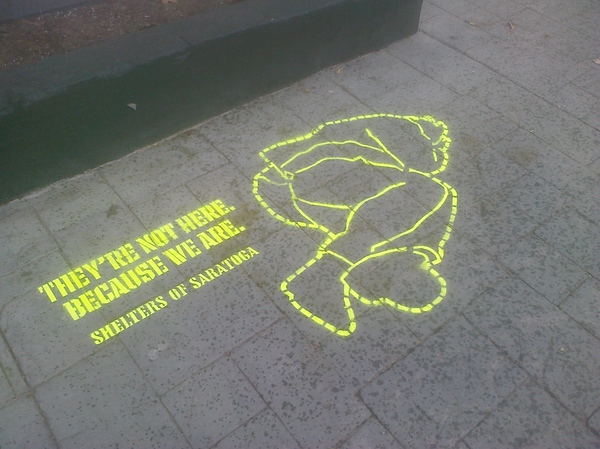
As Pope Francis visits the United States, Catholics are full of excitement as the Holy Father visits in Washington, Philadelphia, and New York. It is very clear that his leadership will set a very different tone for the Catholic Church. Pope Francis even known to engage in some selfies on social media and his American visit is no different.
At a time when priest scandals, closing churches, and aging membership threaten the growth of the Catholic Church, Pope Francis started his tenure on a positive note. Francis reminded Catholics that Jesus, not the pope, is at the center of the Church. He added that the center should focus on “poor, and for the poor.” Even the selection of his namesake, Francis of Assisi, invokes compassion, peace, and uplifting the poor.
Pope Francis has been known to pay for his own room, rejected lavish apparel, and referred to himself more as a bishop and less as Pope. He’s traveling in a tiny Fiat for this visit. Though these are small things, this type of behavior reflects a Pope that is humble and connected with the average person. Francis is doing more work among Christians in general, not just Catholics. The sex abuse scandals not only eroded the trust of faithful Catholics, but also with the general population. Public polls show that lawyers and bankers are more trusted than clergy. The perception among the “nones”, who make up 20% of Americans, is that churches and organized Christianity is not worthy of their attention.
Pope Francis continues to set a new tone for 1.2 billion Catholics. The tone is not centered in doctrine, Church law, or hierarchy but on bringing unity to the Church and caring for the least of these. The LA Times interviewed one of the faithful and compared the last pope and current pope:










 I think most people have heard about the show,
I think most people have heard about the show, 



You must be logged in to post a comment.